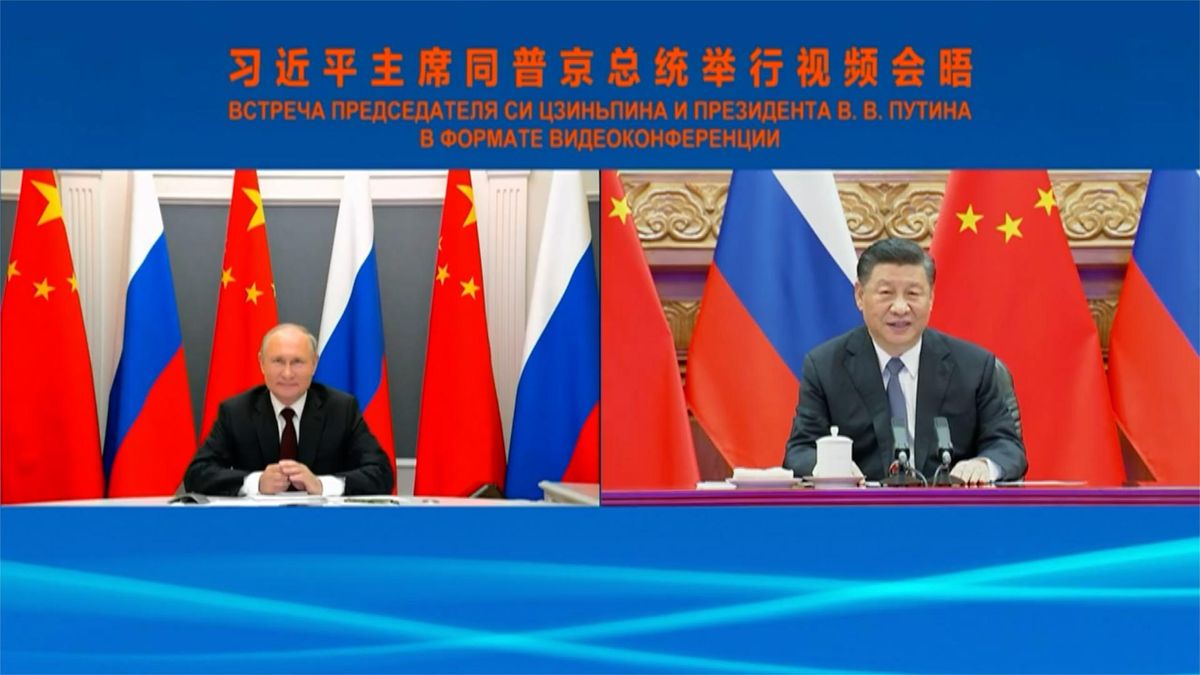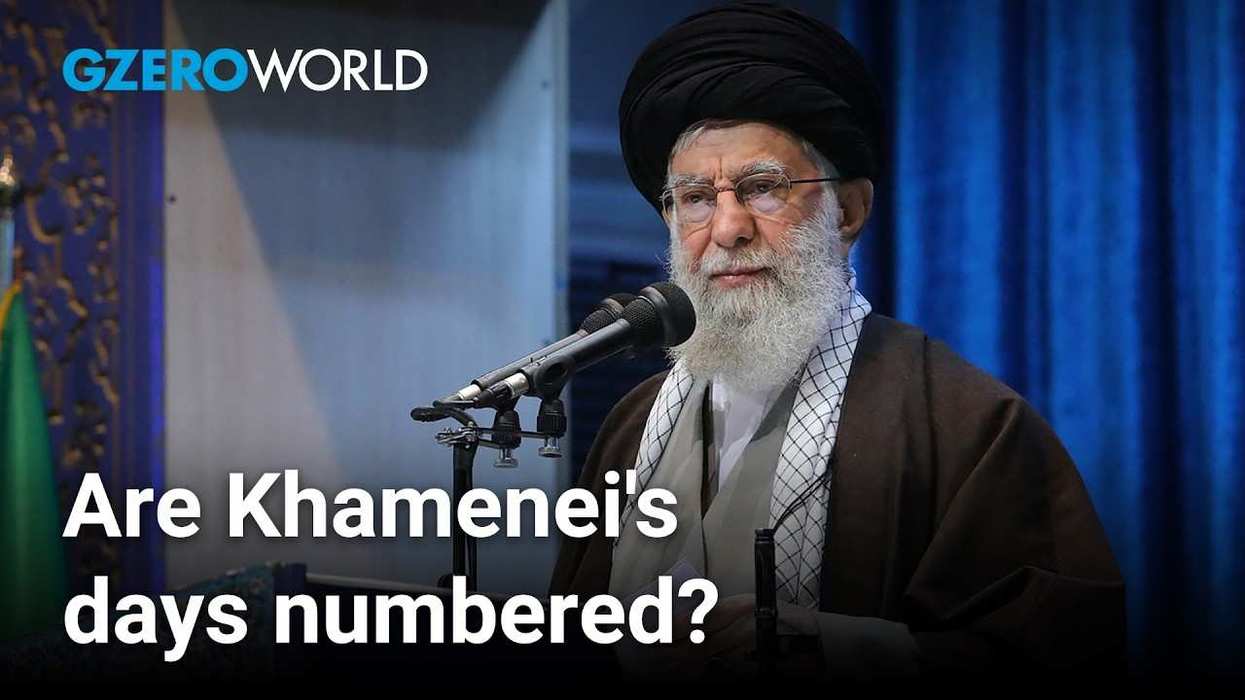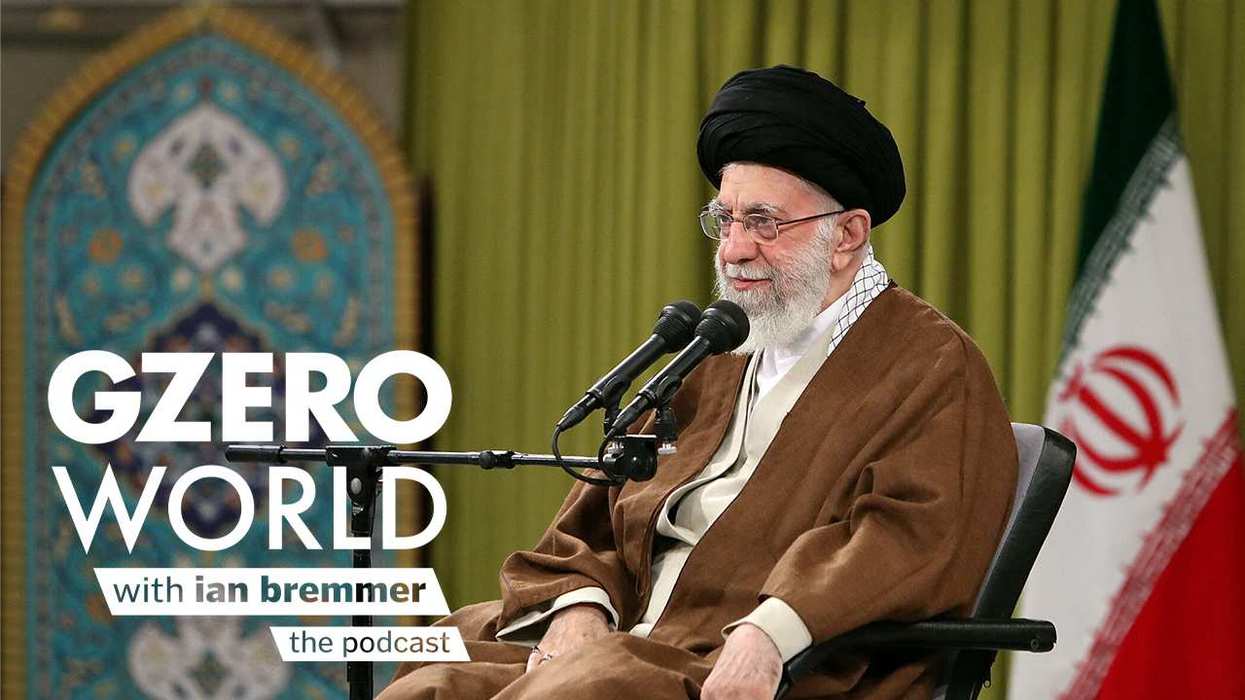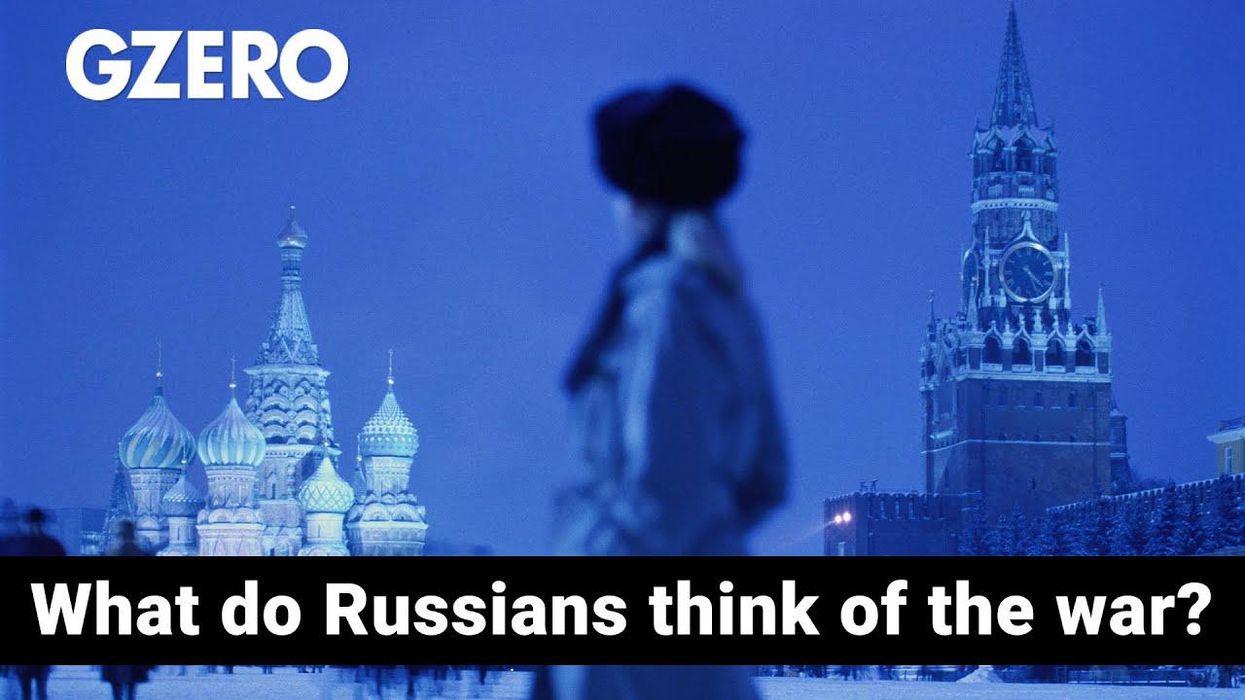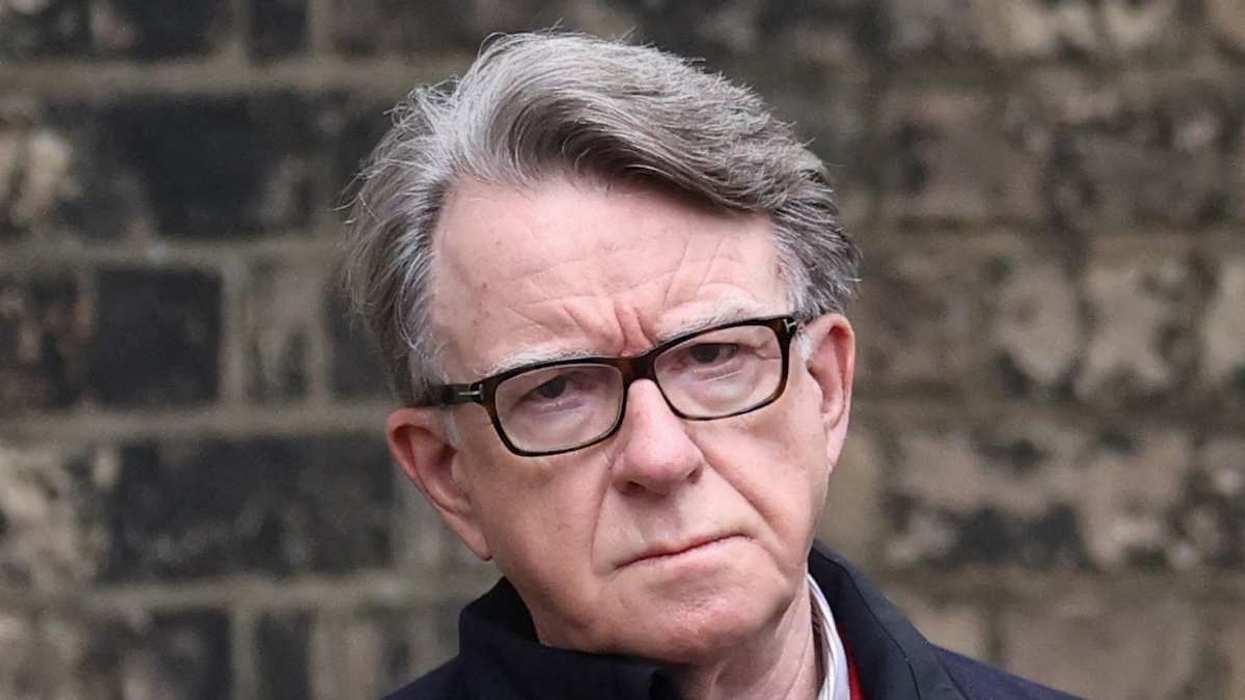No new friends — Putin and Xi. The leaders of Russia and China held a conspicuously chummy video conference on Wednesday at a time when both are getting an earful from “the West.” Putin told his “dear friend” Xi that he will absolutely attend the Beijing Winter Olympics next February despite a US-led diplomatic boycott over China’s human rights abuses, and that China is right to be worried about Western military maneuvering in the Pacific. Xi, meanwhile, told his “old friend” Putin that China supports Russia’s demands for security guarantees from NATO. Both men reportedly discussed developing alternative financial structures in order to evade Western sanctions — the US and EU have threatened to shut Russia out of SWIFT if the Kremlin invades Ukraine (again). Russia-China relations have always been tricky — they have clashed over borders in the past and Moscow is perennially worried about being dwarfed economically by its more populous neighbor. But as the US gears up for a push against authoritarian countries, the two most influential important ones are closing ranks.
UK COVID pass sparks Tory revolt. As of Wednesday, Britons must show proof of double vaccination or a recent negative COVID test in order to enter most indoor venues. With the omicron variant driving infections to new daily highs, the UK government is keen to have fresh measures like this in place ahead of the winter holidays. But Prime Minister Boris Johnson was able to push the new rules through only with support from the opposition Labour Party. That’s because 99 of his own MPs — nearly a third of the Tory representation in parliament — voted against it, arguing that an endless cycle of lockdowns is disruptive and ineffective. This was the largest rebellion against Johnson since he took power two years ago. Coming amid a spate of other Downing Street scandals, it raises two big questions about Johnson. First, whether he’ll be willing to risk harsher restrictions if cases surge further in the coming weeks; and second, whether his grip on power is weakening more broadly. With the Tories set to lose a seat they’ve held for 200 years in a Thursday by-election, the challenges for Johnson continue to mount.
Fed gets serious about US inflation. The US Federal Reserve has spent months telling Americans that persistently high inflation was “transitory.” Not anymore (in fact, that word is verboten for the Fed from now on). On Wednesday, the Fed announced it would cut back its monthly purchases of US government debt — which it started doing in March 2020 to bolster the COVID-battered economy — faster than it initially planned because prices are simply rising too much, too fast. What's more, for the first time since the pandemic began, the Fed is ready to take the more drastic step of raising interest rates up to three times in 2022 if inflation keeps going up at this rate. Now that the US economy is in better shape than it was a year ago — despite ongoing supply-chain disruptions, that is — and unemployment is down, the Fed has become increasingly worried about inflation. Finally admitting you have a problem is a good first step, but fixing it won’t be easy — and interest rate hikes will likely be painful for many Americans.